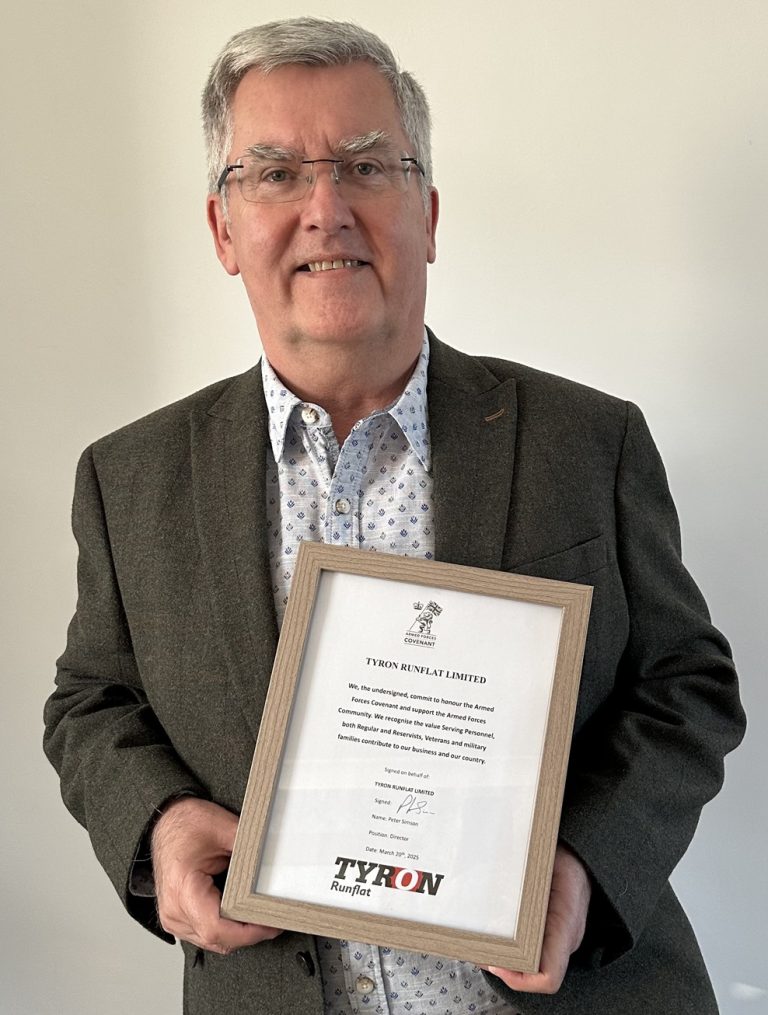Greg Simpson, founder of Press For Attention PR, reflects, five years later, on public relations lessons learned from the pandemic.
In March 2020, most of us were wondering how long the lockdown would last, whether we should bulk-buy pasta, and if ‘pivot’ was just a yoga thing. Or THAT scene from ‘Friends’—you know the one.
Anyway, fast forward five years, and it turns out the world didn’t end—but business, as we knew it, definitely did.
Now, half a decade later, it’s worth asking: what stuck? What changed forever? And what did the pandemic really teach us about business, brand, and bouncing back?
- People buy people. Still. More than ever.
When everything hit the fan, it wasn’t the glossy marketing campaigns that cut through—it was the real, human voices behind the businesses.
The café owner posting daily updates and heartfelt videos. The local manufacturer showing how they kept staff safe while still delivering. The straight-talking CEO who didn’t pretend everything was fine but promised to do their best.
Authenticity became the most valuable currency in comms. The businesses that showed up as
humans first built loyalty that’s still paying off today (and no, we haven’t forgotten who sent ‘unprecedented times’ emails at 4am—you know who you are).
- Your staff are your first audience.
If your internal comms strategy in 2020 was ‘hope no one panics’, you probably had a rough time.
The best businesses—the ones still thriving now—communicated clearly, calmly, and often. They treated their teams like grown-ups, told the truth (even when it wasn’t easy), and listened just as much as they talked. And here in the East Midlands, where so many businesses are built on tight-knit teams, that internal loyalty and clarity made all the difference.
Pro tip: good internal comms
is PR. It just happens behind the scenes.
- Online reputation became real reputation.
When the shutters came down, the screens lit up. Suddenly, your Google reviews, your website, your social presence—
that was your business. The digital shopfront became the only shopfront.
Some local businesses nailed this. They upped their content, showed behind-the-scenes stories, and created communities. Others… quietly disappeared. Even now, your online presence is working for or against you, 24/7. No pressure.
- Crisis comms isn’t just for crises.
Let’s be honest: very few people had ‘global pandemic’ on their PR risk register (if you did, we should probably talk). But what 2020 taught us was this—your ability to communicate in a crisis defines how people remember you long after it’s over.
Now, smart businesses have comms plans not just for floods and fires, but for social media misfires, AI glitches, or even a rogue employee on a group email. The East Midlands has always been good at resilience—now we just need to
talk about it better when it matters.
- Community trumps competition
During lockdown, we saw collaboration overtake competition. Businesses supported each other. They gave value, advice, even loo rolls (true story). They built goodwill instead of chasing quick wins. And do you know what? That approach stuck.
PR isn’t just about press releases and big announcements. Sometimes, it’s about being a decent human being when no one’s watching—and earning trust the old-fashioned way.
Final thoughts:
Five years on, the fancy jargon may have faded (‘new normal’, anyone?) but the lessons are still here. Your business is your reputation. Your brand is your voice. And your comms—internal, external, online, offline—are what hold it all together.
So, whether you’re running a logistics firm in Leicester, a bakery in Beeston, or a consultancy in Chesterfield, the question is:
What did you learn—and are you still applying it? Because the next big moment might not give you time to catch up.
A former business journalist, Greg Simpson is the author of The Small Business Guide to PR and has been recognised as one of the UK’s top 5 PR consultants, having set up Press For Attention PR in 2008.
He has worked for FTSE 100 firms, charities and start-ups and conducted press conferences with Sir Richard Branson and James Caan. His background ensures a deep understanding of every facet of a successful PR campaign – from a journalist’s, client’s, and consultant’s perspective.
See this column in the April issue of East Midlands Business Link Magazine, here.













